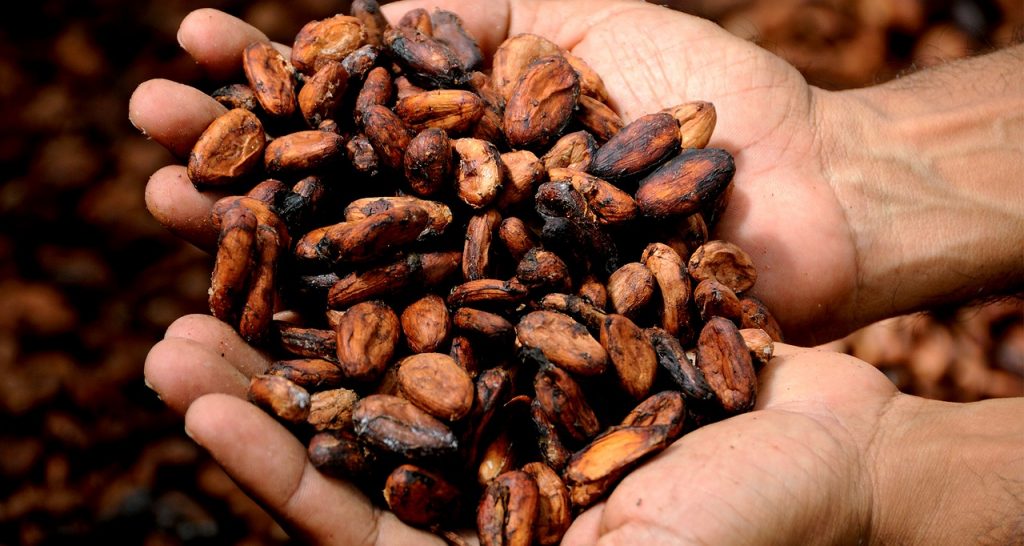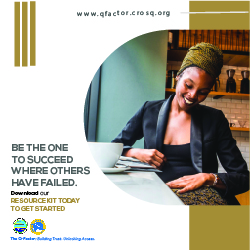Exploring Export Potential of Vital Sectors Could Be the Key to Caribbean’s Recovery
- crosqblog
- on Aug, 10, 2021
- Category 11th EDF EPA TBT Programme, Cooperation
- Comments Off on Exploring Export Potential of Vital Sectors Could Be the Key to Caribbean’s Recovery
If there’s one thing the last two years have taught us as a region, it’s how vulnerable we are to shocks. But it’s also shown us how much we need productive sectors to help bounce back from the toll these shocks, such as the ongoing COVID-19 pandemic, can take on our economies.
This is why two initiatives being undertaken by the Technical Barriers to Trade (TBT) Component of the 11th European Development Fund (EDF) Economic Partnership Agreement (EPA) Programme are coming at an invaluable time for us in this CARIFORUM[1] region.
The Programme, which includes activities in all 16 countries of the CARIFORUM, involves national dialogues with vital priority sectors in specific countries, as well as value chain analyses and discussions utilizing a “CALIDENA” methodology, to use quality-related interventions in the improvement of these chains which all have tremendous export potential.

The overall purpose of the 11th EDF EPA programme is to improve the trade and competitiveness of countries through the CARIFORUM/EU EPA. The TBT component does so by finding ways to reduce the technical barriers that allow trade to more easily happen, but using quality parameters as the basis for the advancements that can happen including both quality institutions as well as the private sector.
So, these two interventions – the National Quality Dialogues and CALIDENA value chains – create opportunities for stakeholders in the sectors and value chains to come together to explore what gaps exists to having high quality products or services, and then finding ways to address these issues through the national bureaux of standards, facilitated by the regional standards and quality umbrella – CROSQ.
National Dialogues and CALIDENA workshops began in July 2021, after delays due to the impacts of the COVID-19 pandemic, which in many cases have reduced the ability for face-to-face workshops and interventions. Many of these engagements are being reoriented to strictly online, or a hybrid of face-to-face plus online, to accommodate a larger number of participants, as well as deal with issues of restricted travel.
The first National Dialogue took place in Saint Lucia, involving that country’s tourism sector. It was hailed by both the Saint Lucia Bureau of Standards, as well as government ministries in the country as vital for the further development of the sector, which is a main foreign exchange earner.

Other National Dialogues are being planned for this year for Barbados’ and Montserrat’s agro-processing sectors, and Trinidad and Tobago’s agriculture sector.
The first CALIDENA workshop was held in Dominica, engaging that country’s cocoa bean product. Further value chain analyses and engagements are planned for the Bahamas’ cascarilla bark, which is use in several products; Belize’s liquified petroleum gas; the Dominican Republic’s coconut milk and Jamaica’s black castor oil.
The CALIDENA methodology is one in which all the stakeholders in the value chain, ranging from growers of the raw product to harvesters, producers of the marketable commodity, as well as buyers, are brought together in one dialogue to examine the gaps between the product currently offered to the market, and what quality interventions can be improved or introduced to increase the competitiveness of the end-product.

With the exception of Dominica, whose intervention was a mixture of online and face-to-face, the others are being planned for virtual engagements. These workshops will all involve a diagnostic of the current status; the challenges encountered by the stakeholders to improving or sourcing quality and finally, create an action plan that addresses the quality gaps identified.
One of the critical things to note about the CALIDENAs is that the programme also aided the building of capacity in each of the countries by training volunteers in the methodology, so they would work on the ground in their country, alongside another project consultant, to administer the engagements. This is hoped to contribute to countries having those additional skills on the ground as the workshops are held and then the action plans are implemented.
It is intended that each country’s national bureau of standard will work alongside the stakeholders to plug the gaps with the services needed to make the necessary improvements. At the end of the day, the goal is to have even more competitive commodities for the export market, which are able to meet the requirements for entry because the barriers to their entry into target markets have been reduced.
Find more details here:
- Article – SLBS Launches Quality Discussions with Tourism Sector
- Article – Dominica Improving Quality of Cocoa Exports
- Video – The CALIDENA Methodology Explained
[1] CARIFORUM or the Caribbean Forum refers to the grouping of countries comprising the 15 Member States of the Caribbean Community (CARICOM), plus the Dominican Republic, and serves as a dialogue mechanism for discussions with the European Union.





